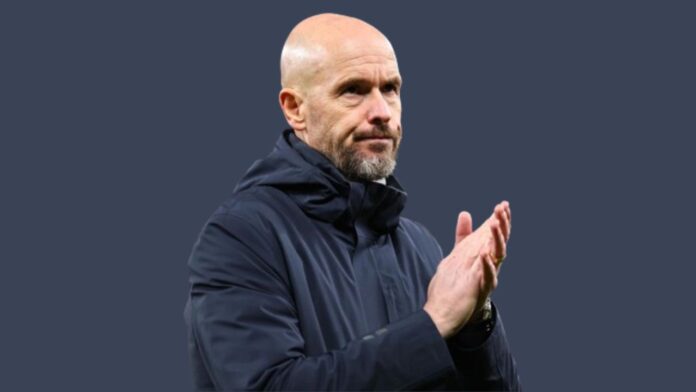As Erik ten Hag reaches 50 Premier League games in charge of Manchester United, how does his early record stack up against the league’s premier managers over a similar timeframe? We conduct a deep data analysis, assessing key metrics like points per game while considering wider contexts.
Laying Foundations Amid Early Struggle
Mikel Arteta’s Arsenal project has only just lifted off. Though his point average is low, the building blocks are falling into place. Clever recruiting and nurturing of academy prospects provide reasons for optimism. Ten Hag, too, has quietly implemented his philosophy at United despite a lack of funds, earning plaudits for ushering in a new era.
Other managers struggled initially before later flourishing. Jurgen Klopp built Liverpool gradually by identifying the right characters and making astute signings like Robertson and Salah. Graham Potter’s early body of work at Chelsea reflects more talent acquisition than table position. Projects aren’t built overnight, but strong early leadership is critical. Additionally, you can also read about- That You Need to Know about American Football for Kids
The Risks of Sticking Around Too Long
Both Jose Mourinho and Arsene Wenger discovered the perils of overstaying their welcome. Mourinho’s second Chelsea spell imploded rapidly after a tense fallout with key players. Wenger clung on at Arsenal as the game evolved, tarnishing earlier feats as fans voiced discontent. There’s an art to exiting stage left gracefully—an awareness some lack.
Roberto Mancini delivered Manchester City their first ever Premier League crown months before facing the axe. Impatient owners demand continuous success, though his work paved the way for his successor. Antonio Conte is another who tends to engineer short, successful bursts accompanied by combustible exits. Trophies buy time, but the clock is always ticking.
Achieving Prolonged Excellence
Very few managers can point to sustained periods of upper-table consistency. Sir Alex Ferguson’s United tenure stands tall as an exemplar of prolonged achievement at the highest level across multiple teams and generations of talent.
Despite ups and downs, Jurgen Klopp has established Liverpool as perennial contenders. Recovering from adversity to post two 90+ point seasons underscores his qualities. Building an environment for continued evolution is pivotal; these two managerial behemoths have shown it can be done.
The New Benchmark
But Ferguson’s achievements are now in the shadow of Pep Guardiola’s Manchester City transformation, breaking new ground in scintillating style. His 2.34 points per game average is streets ahead of anyone else, spearheading potentially the Premier League’s greatest ever team.
Guardiola’s vision, attention to detail, and winning mentality drive City’s players to new heights. Supplying him with the tools to manifest excellence, the city board has constructed a modern template for maximizing manager-club alignment. Still, critics argue such success is skewed by unprecedented budgets.
The Ingredients for Continued Dominance
Truly measuring managerial greatness requires nuance. Squad depth, finances, shared team-staff vision, and crucially, aligned club leadership and expectations, enable the conditions for table dominance. Elite managers mold the culture, identify the right characters, develop youth, and, crucially, keep winning.
The likes of Ferguson and Guardiola have undoubtedly stood out in crafting consistent success. The next generation now strives to match such sustained excellence in the dugout amid many challenges. There are positive early signs from progressive young coaches like Arteta and Ten Hag. Time will tell if they can drive their clubs to regular glory.




![How Much is Lil Baby’s Net Worth in 2024 [Latest Info] Lil Baby Net Worth](https://www.wariat.org/wp-content/uploads/2024/03/Lil-Baby-Net-Worth-150x150.jpg)
![Rob Lowe Net Worth Speculation in 2024 [Comparative Analysis] Rob Lowe Net Worth](https://www.wariat.org/wp-content/uploads/2024/03/Rob-Lowe-Net-Worth-150x150.jpg)